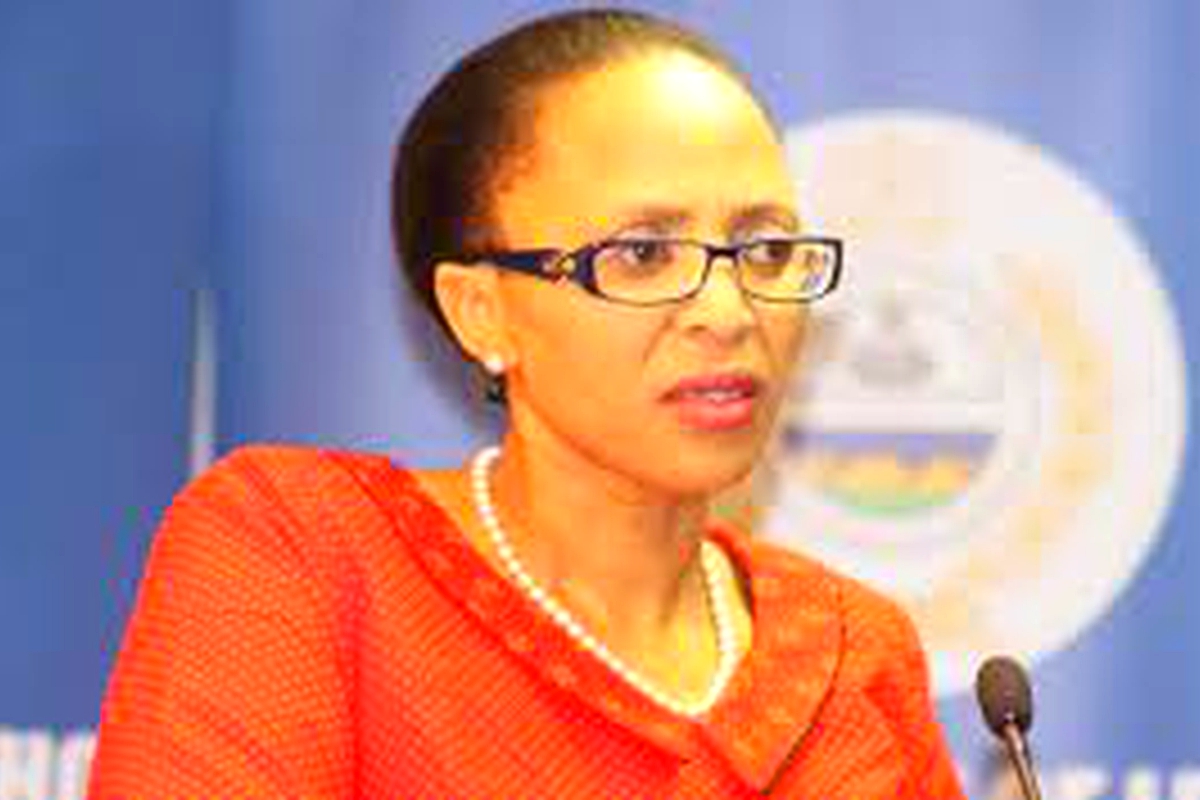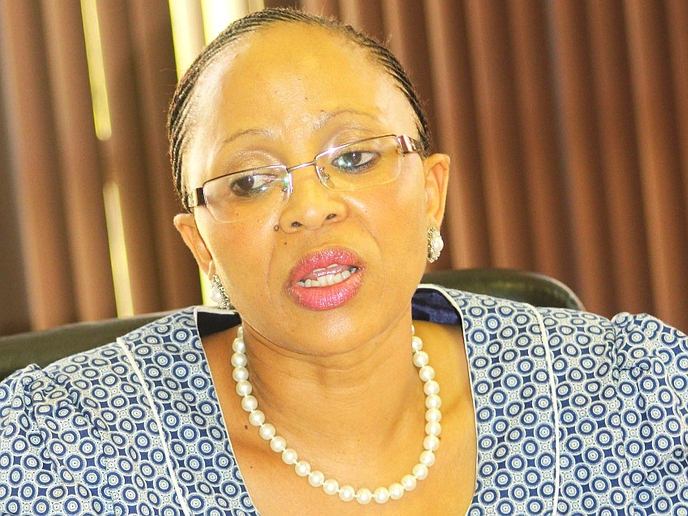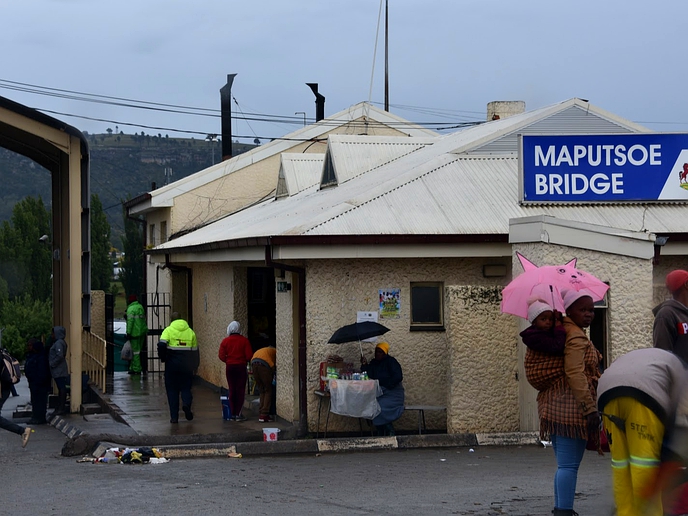MASERU – The Governor of the Central Bank of Lesotho Dr Rets’elisitsoe Matlanyane says the global activity was relatively strong in the first quarter of 2019 amongst heightened downside risks and indications of the weakening global trade.
business
July 25, 2019
LINEO MABEKEBEKE
3 min read
Strong activity in weakening global trade: CBL

The Governor of the Central Bank of Lesotho Dr Rets’elisitsoe Matlanyane
This, Dr Matlanyane said during the 78th Monetary Policy Committee (MPC) meeting that was held at the CBL on Tuesday. As part of the agenda, the committee considered international, regional and domestic economic developments and financial markets’ conditions, to determine mandate of maintaining price stability. In her key note address, Dr Matlanyane said as of the first quarter, output growth in the advanced economies remained relatively strong, mainly driven by robust economic activity in the United States. “While in the second quarter of 2019, the unemployment rate declined moderately in all the advanced economies,” she said.
In emerging market economies, she said economic growth rates declined in India and South Africa, and remained unchanged in China in the first quarter of 2019. “In South Africa, economic growth is expected to rebound in the second quarter of 2019, boosted by the mining and manufacturing sectors. Low business confidence undermines growth prospects in the medium term while risks to long-term growth originate from structural challenges.
“The annual rate headline inflation, measured by changes in the consumer price index (CPI) for all urban areas was recorded at 4.5% in May 2019,” she said.
Enjoy our daily newsletter from today
Access exclusive newsletters, along with previews of new media releases.
She showed that the domestic economic activity did not become exceptional as it slowed down in April 2019. The CBL measure of economic activity indicates that output has increased at a lower rate of 1.0% in April 2019 compared with an increase of 1.3% in the preceding month. “This was mainly at the back of weak activity in the manufacturing sector of the economy, and in the labour market, employment by the Lesotho National Development Corporation (LNDC)-assisted firms declined further by 1.0% on an annual basis, in the first quarter of 2019 following the decline of 2.2% in the fourth quarter of 2018,” she explained.
Among other things, she also mentioned that money supply as measure by M2, declined by 1.1% in May 2019 following an increase of 1.9% in the previous month. This she said was a result of a decline in net foreign assets that outweighed the growth in domestic claims. Private sector credit continued on an upward trend, increasing by 2.1 and 1.6% in April and May 2019. She said: “However, the external sector position improved in the first quarter, boosted by surpluses in both the current and capital and financial accounts. Consequently, gross international reserves rose to 4.5 months of import cover from 4.2 months in the fourth quarter.”
On government operations, Dr Matlanyane said they culminated in a fiscal surplus of 16.9% of GDP in April 2019, largely as a result of the Southern African Customs Unions (SACU) transfer during the month coupled with muted spending that is characteristic of the beginning of the fiscal year. Operations she said, were expected to normalise in the subsequent months with spending expected to pick up as budget implementation got underway.
She added: : “The global economy remained strong, despite heightened risks. Domestically, growth was weak, while consumer price inflation decelerated in June 2019. Risks to the domestic economic outlook include exposure to global economic developments, weak domestic economy activity on the back of structural rigidities and policy uncertainty.”
Tailored for you






